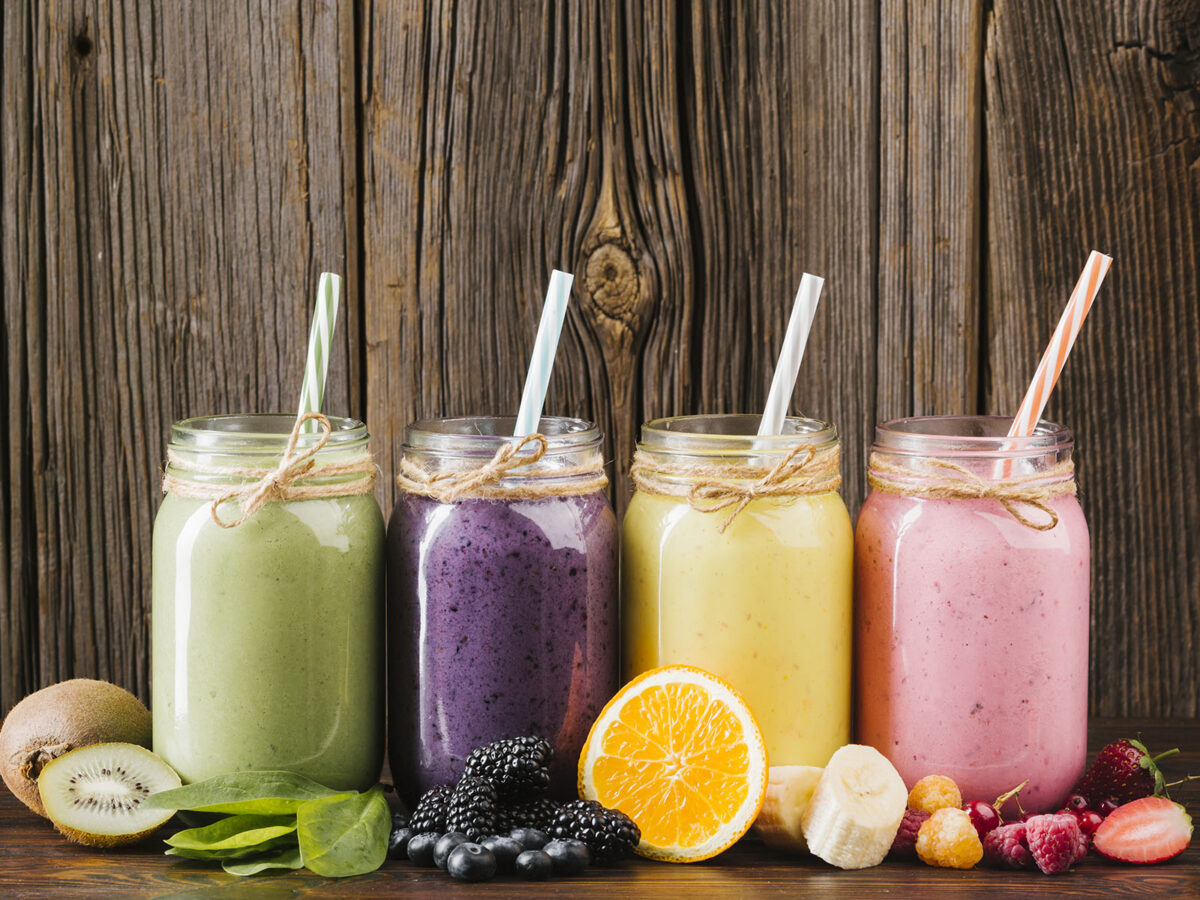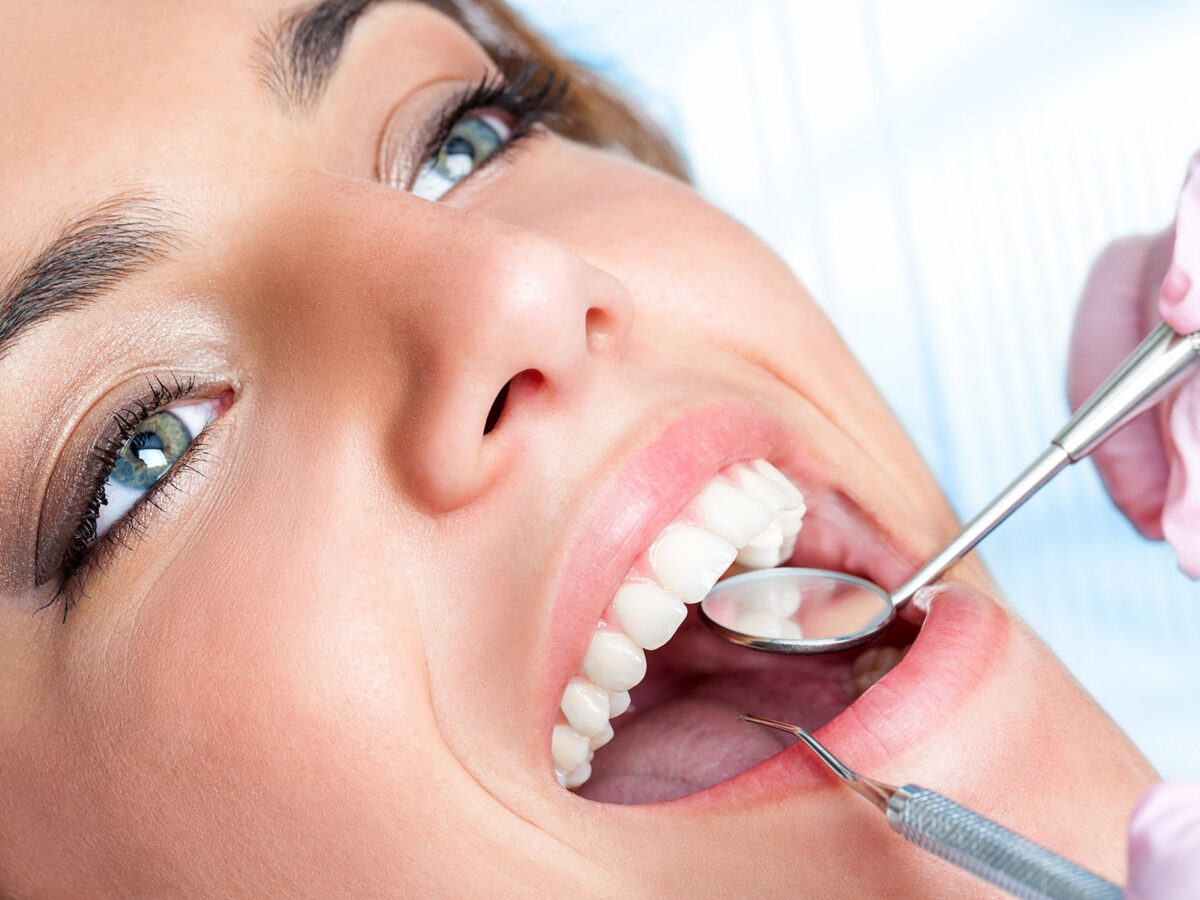Getting braces is a significant step towards a more beautiful and healthy smile. However, there’s an adjustment phase, especially during the first week. As your teeth and braces adapt to each other, you might experience some discomfort. Planning your meals during the initial stages can help alleviate this discomfort. This article will guide you on what to eat during your first week with braces, ensuring you maintain a healthy diet while minimizing discomfort.
Snapshot of Braces Diet in the First Week
Prioritize Soft Foods
As your teeth begin to realign, it’s common to feel discomfort during the first week. Opting for soft, easily chewable foods can help alleviate this pain. Consider:
- Smooth yogurt, which is not only gentle on braces but also a good source of calcium.
- Creamy mashed potatoes, a comforting choice.
- Broth-based soups like chicken noodle or vegetable soup.
- Smoothies, which can be made by blending fruits, yogurt, and milk or a milk substitute.
- Applesauce, a sweet and soft option that’s gentle on teeth and gums.
Ensure Adequate Nutrition
Even with dietary restrictions, it’s essential to get the nutrients your body needs. Here’s how:
- Incorporate soft protein sources like scrambled eggs, tofu, and fish.
- While raw fruits and veggies might be challenging to chew, you can still get their nutrients by boiling them or blending them into smoothies.
- Dairy products like milk, cheese, and yogurt are rich in calcium, vital for healthy teeth.
- If concerned about nutrient intake, consult your dentist or orthodontist about supplements.
Avoid Hard and Sticky Snacks
During your first week with braces, steer clear of foods that might damage them or get stuck. This includes:
- Hard candies, can harm your braces or distort the wires.
- Sticky candies that can get trapped in your braces.
- Crunchy foods like nuts and seeds.
- Popcorn, as kernels can break brackets and wires.
- Gum, which can get entangled in your braces.
Stay Hydrated
- Drinking water not only benefits your overall health but can also reduce the discomfort of wearing braces. Other hydrating options include:
- Herbal teas like chamomile and mint.
- Sucking on ice chips to soothe pain and inflammation.
Modifying Your Dietary Routine
Making adjustments to your diet and eating habits can make your first week with braces more manageable:
- Cut food into smaller pieces to reduce chewing effort.
- Practice mindful chewing, focusing on using your back teeth, and avoiding biting down on hard foods with your front teeth.
- Rinse your mouth with water after meals to dislodge any trapped food particles.
Regular Dental Check-ups
It’s crucial to maintain regular dental check-ups when you have braces. During your orthodontic treatment, your dentist or orthodontist will monitor your progress, make necessary adjustments, and provide guidance on oral care.
Furthermore, orthodontic wax or silicone, prescribed by your orthodontist, can be invaluable during your first week with braces. Applying a small amount to any problematic areas on your teeth and gums can prevent further irritation and sores caused by the braces.
Dental Care With Braces
Alongside a suitable diet, maintaining proper dental hygiene is crucial for a positive orthodontic experience. Here’s how:
- Ensure regular brushing and flossing to prevent common issues during orthodontic treatment.
- Use tools like orthodontic floss threaders or interdental brushes to clean between wires and brackets.
- Regular dental check-ups allow your dentist to monitor your progress and address any concerns promptly.
- Orthodontic wax or silicone can make brackets less irritating.
- Committing to a comprehensive dental care routine and following your orthodontist’s advice ensures excellent oral health during your braces journey.
Conclusion
While the first week with braces might come with some discomfort and dietary changes, it’s a crucial period in achieving a perfect smile. By adjusting your eating habits, focusing on soft foods, staying hydrated, and avoiding hard and sticky items, you can minimize discomfort. If you have any concerns during this period, always consult your dentist or orthodontist. Adapting to life with braces becomes more manageable when you take things slow and follow expert guidance.


